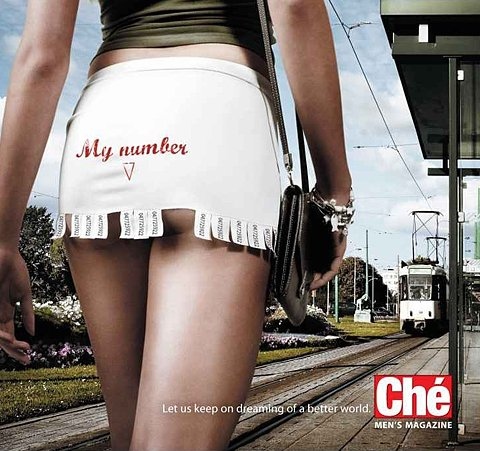Learn to Influence of Peer Pressure on Online Gambling Behavior
Peer pressure plays a significant role in shaping individuals’ behavior, and the realm of online gambling is no exception to this social dynamic. As technology continues to evolve, online platforms provide convenient access to various forms of gambling, intensifying the impact of peer influence on individuals’ choices. The allure of online gambling is often heightened by the desire to conform to social norms within one’s peer group, creating a breeding ground for both positive and negative repercussions. In the digital age, individuals find themselves immersed in virtual communities where social interactions play a pivotal role in shaping personal choices. Online gambling platforms often incorporate social features, such as leaderboards, chat rooms, and multiplayer games, fostering an environment where users can observe and emulate the behavior of their peers. The visibility of others’ activities can exert pressure on individuals to participate in gambling activities, especially if they perceive it as a socially acceptable or desirable behavior within their online social circles.
Moreover, the sense of competition among peers can contribute to a heightened inclination toward online gambling. Individuals may feel compelled to engage in gambling activities to keep up with their friends or to maintain a certain social status within their online community. This competitive element can lead to impulsive decision-making online gambling sites and fraud prevention, as individuals may prioritize social acceptance over responsible gambling behavior. Conversely, peer pressure within online communities can also act as a positive influence, steering individuals away from excessive gambling. Responsible gambling advocates can use social platforms to promote healthy habits and discourage risky behavior. Friends within online communities may share information about the potential consequences of excessive gambling, encouraging each other to adopt more mindful and controlled approaches to online wagering. Despite these potential positive influences, the negative aspects of peer pressure on online gambling behavior cannot be overlooked. The fear of missing out FOMO on lucrative opportunities or exciting gaming experiences may drive individuals to make impulsive decisions, leading to excessive gambling and financial strain.
Additionally, the anonymity provided by online platforms may embolden individuals to take greater risks, influenced by the perception that their peers are doing the same without facing immediate social consequences. In conclusion, peer pressure exerts a considerable influence on online gambling behavior. The interconnected nature of virtual communities amplifies the impact of social dynamics, both positively and negatively. Individuals may succumb to the pressure to conform to their peers’ gambling habits, leading to irresponsible choices and potential harm. Conversely, the influence of responsible gambling advocates within online communities can contribute to a more positive and supportive environment, promoting healthier online gambling behaviors. Recognizing and understanding the role of peer pressure in this context is crucial for developing effective strategies to mitigate its negative effects and encourage responsible online gambling practices.

